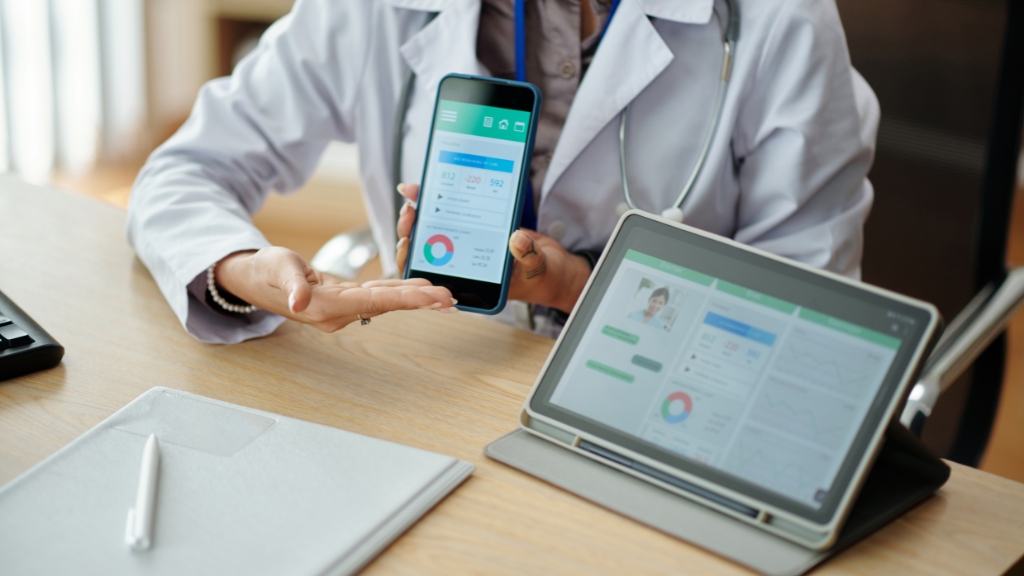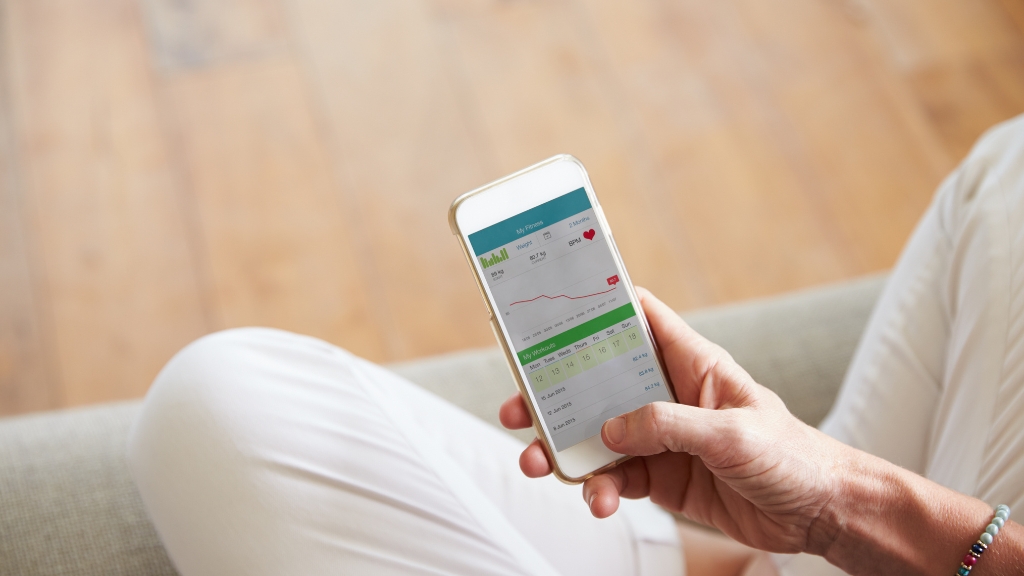
From Concept to Practice: Healthcare Apps and Their Impact
Introduction: The Evolution of Healthcare Apps
Healthcare apps have transitioned from innovative concepts to integral components of modern healthcare. Initially envisioned to streamline healthcare delivery and patient management, these apps have now become essential tools in enhancing the efficiency and quality of care. Understanding their impact requires a look at their journey from idea to widespread use and their transformative effects on the healthcare landscape.
The Concept Behind Healthcare Apps
Healthcare apps began as a vision to address various challenges in the healthcare sector. The core concept was to leverage technology to improve patient care, enhance communication, and streamline administrative processes. These apps aimed to offer solutions such as remote monitoring, easy access to medical information, and personalized health management, driven by the desire to make healthcare more accessible and efficient.
Developing Healthcare Apps: Key Considerations
Creating a successful healthcare app involves several crucial considerations. Developers must ensure compliance with healthcare regulations such as HIPAA to protect patient data. The app should be user-friendly, catering to a diverse user base including patients, healthcare providers, and caregivers. Additionally, integrating features like secure messaging, appointment scheduling, and real-time health monitoring can greatly enhance the app’s functionality and user experience.
Real-World Applications and Benefits
Healthcare apps have made significant strides from concept to practice. For example, telemedicine apps have enabled virtual consultations, reducing the need for in-person visits and increasing accessibility. Chronic disease management apps provide tools for monitoring conditions like diabetes, offering patients actionable insights and improving their health outcomes. Fitness and wellness apps encourage healthy lifestyles by tracking physical activity and nutrition.
Impact on Patient Care
The impact of healthcare apps on patient care is profound. These apps empower patients to take an active role in managing their health, leading to better adherence to treatment plans and improved health outcomes. Remote monitoring apps allow for continuous observation of vital signs, enabling early intervention and personalized care. Additionally, medication adherence apps help patients remember to take their medications as prescribed, reducing the risk of complications.
Enhancing Healthcare Efficiency
Healthcare apps also contribute to greater efficiency within the healthcare system. Administrative apps streamline appointment scheduling, reduce paperwork, and facilitate better coordination between healthcare providers. This efficiency translates into shorter wait times, reduced administrative costs, and a more organized healthcare delivery process. By automating routine tasks, healthcare apps allow providers to focus more on patient care.
Challenges and Future Outlook
Despite their benefits, healthcare apps face challenges. Data security remains a top concern, as protecting sensitive health information is critical. There is also a need for interoperability, ensuring that apps can integrate with existing healthcare systems and electronic health records. As technology advances, integrating artificial intelligence and machine learning into healthcare apps holds the promise of even greater innovation, offering predictive analytics and more personalized care solutions.
Conclusion: Embracing the Future of Healthcare Apps
Healthcare apps have moved beyond conceptualization to become vital tools in the healthcare industry. Their impact on patient care and healthcare efficiency underscores their importance in modern healthcare. As technology continues to evolve, these apps will likely become even more sophisticated, offering new possibilities for improving health outcomes and transforming the healthcare experience.
Leave a Reply
- AI in Diagnostics: Revolutionizing Early Detection and Accuracy
- How AI and Advanced Analytics Are Transforming Healthcare Outcomes
- Investing with Confidence: The Role of ROI Calculators
- How ROI Calculators Drive Data-Driven Business Strategies
- The Ultimate Guide to ROI Calculators for Business Success
- Making Sense of ROI Calculators: A Comprehensive Guide
- June 2025 (1)
- May 2025 (1)
- October 2024 (2)
- September 2024 (31)
- August 2024 (31)
- July 2024 (27)
- June 2024 (28)
- May 2024 (30)
- April 2024 (33)
- March 2024 (23)
- February 2024 (29)
- January 2024 (3)
- December 2023 (47)
- November 2023 (36)
- October 2023 (23)
- September 2023 (2)
- June 2023 (2)
- May 2023 (13)
- April 2023 (1)




